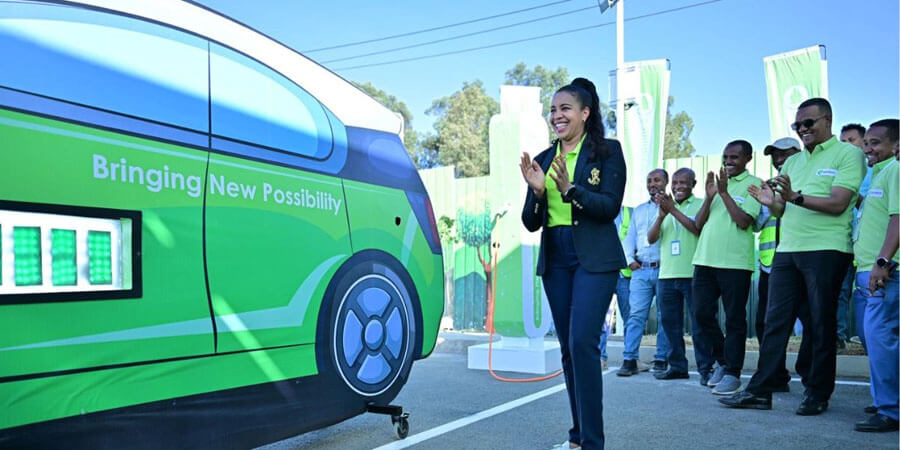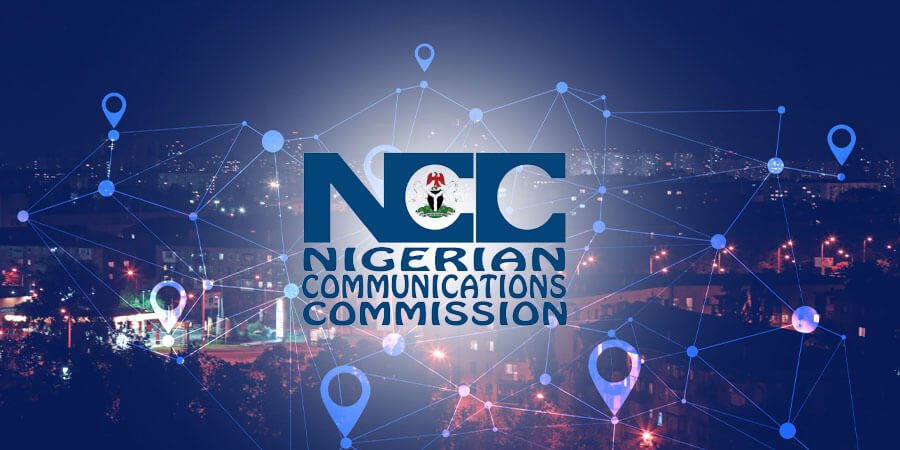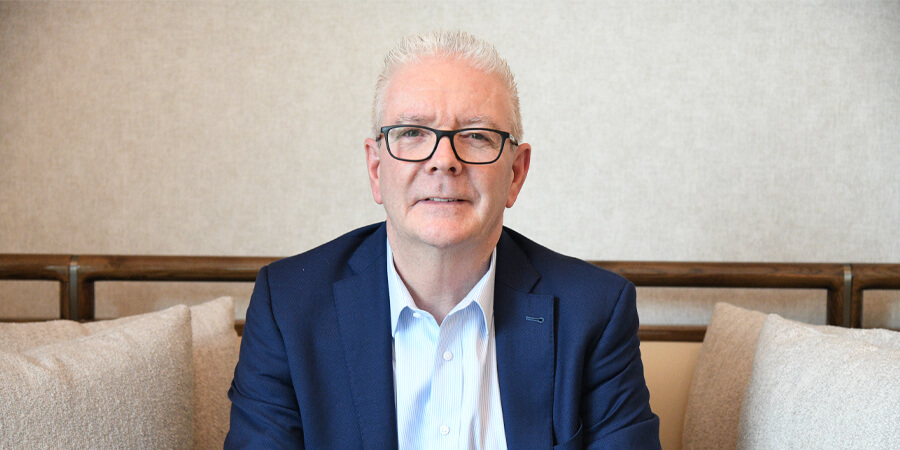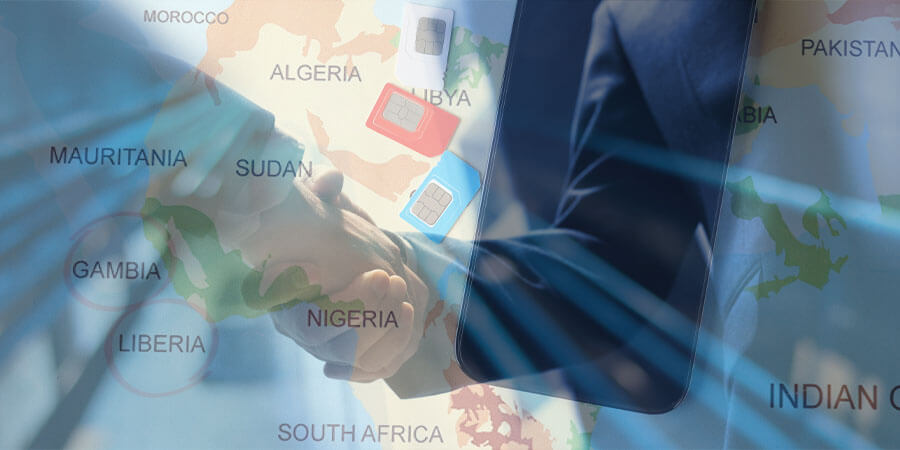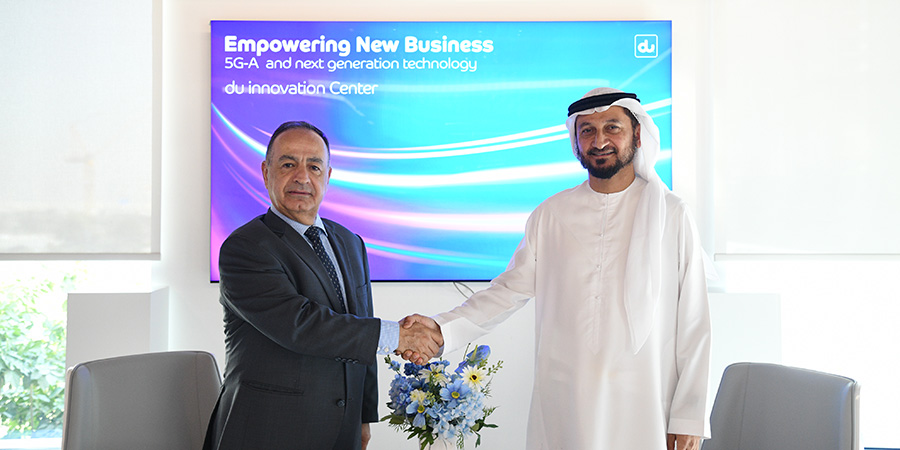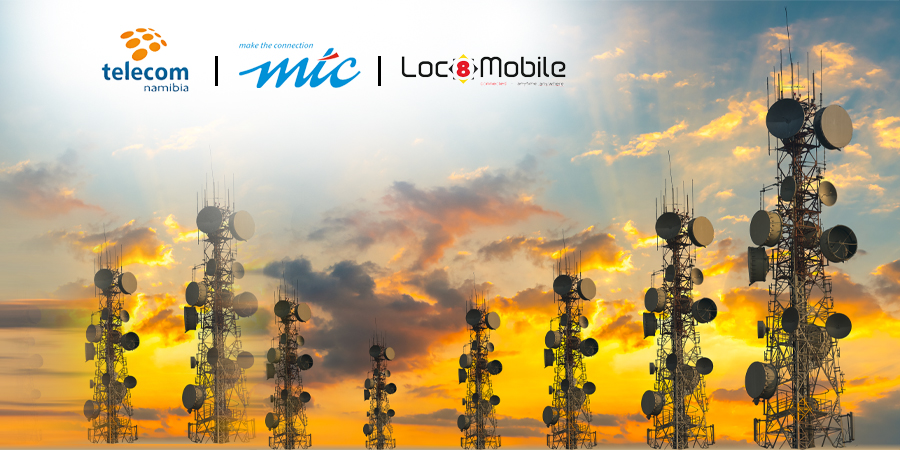The Communications Regulatory Authority of Namibia (CRAN) has granted three 5G licenses through the sale of spectrum in the 700MHz and 800MHz bands. The auction generated around NAD28.6 million (US$1.47 million). Mobile providers MTC (Mobile Telecommunications Company) and TN (Telecom Namibia) secured licenses, along with local ISP Loc8 Mobile.
The licenses are valid for ten years and can be renewed for a similar period. Licensees are required to offer 4G and 5G mobile services with a downlink data speed of at least 20Mbps, meeting quality of service (QoS) standards. In a bid to enhance universal access, CRAN has mandated winning bidders to extend 4G coverage to over 80% in six regions.
Emilia Nghikembua, CEO of CRAN, noted that by issuing 4G and 5G licenses, the regulator aims to facilitate the deployment of emerging technologies for universal access, particularly in remote and rural areas, thus advancing digital inclusion. Trials for 5G services have been greenlit and are set to commence soon, concluding on December 31st.













